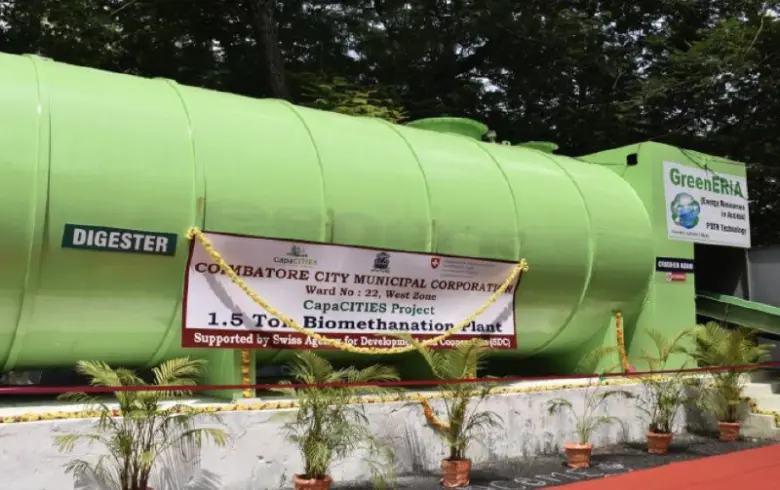What’s inside:
This article discusses Delhi’s plans to manage its wet waste by converting it into bio-CNG and the expected benefits for the city.
Delhi produces a massive 5,210 tons of wet waste every day, most of which currently ends up in landfills without proper processing. To address this issue, the Delhi government is planning to set up facilities that will convert this wet waste into bio-CNG, which is a cleaner energy source.
With this initiative, around 174 tons of bio-CNG can be generated each day from the existing wet waste. This bio-CNG can be used to fuel buses and other vehicles, helping to reduce the reliance on traditional fossil fuels and improve the city’s air quality.
Three major plants are being developed to support this initiative. The Okhla Plant will have a capacity of 300 tons per day, the Bhalswa Plant will handle 100 tons per day and is expected to be operational by December 2023, and the Ghazipur Plant will process 350 tons per day, set to begin operations by December 2026.
Once all these plants are fully operational, they will be able to process a total of 750 tons of wet waste daily, which will greatly decrease the amount of untreated garbage going to landfills. Effective waste segregation at home is important for these plants to work efficiently.
Currently, municipal corporations in Delhi are working on raising awareness about waste segregation and improving waste collection systems. This will help ensure that wet and dry waste are separated correctly at the household level.
Summary:
- Delhi generates 5,210 tons of wet waste daily, mostly untreated.
- The government plans to convert this waste into bio-CNG.
- Three plants are under development with varying capacities.
- Effective waste segregation at home is crucial for the project.
- Awareness campaigns are being launched for better waste management.





